Rytmos review - all the tangled beauty and curiosity of music itself
Strange Neu worlds.
The middle eight, a component of songwriting I really love, is sometimes referred to as being a "meanwhile, back at the ranch" moment for a piece of music. The song has established a structure by this point, and we've followed that for a pleasant few minutes. We know the verses and we know the chorus. We know what to expect in general - or we think we do. And then, suddenly we're somewhere else. Choirs. Angels. Elvis is drying the tears from our eyes. A familiar theme, but now it's strange and inverted. Slowed, sped up, twisted in on itself. Meanwhile? Oh yes, this is what's happening back at the ranch.
I love this description of middle eights almost as much as I love a good middle eight by itself. I love it because it suggests that a song is a journey, that as we listen to it unfold we are covering ground alongside it, within it. And when the middle eight arrives, the ground we're covering shifts and we get a bit of a surprise.
Not every song has a middle eight, and not every song needs one. But I thought of them often when playing Rytmos, a game in which each piece of music is a path that you draw across the landscape. These paths are mazes, really. Often, these mazes take the form of figure eights, which is a nice bit of accidental harmony, I reckon. The "eight" itself isn't important though. What is important - or what feels important when I'm in the grips of this magical, transporting, mind-expanding game - is the loops in the figure eight. It's the fact that the song starts somewhere and ends up back where it started - but it arrives back at the start from an unexpected direction.
Rytmos is a musical puzzle game. I started playing it on PC and transferred to Switch when I realised that this is something that needs me to lean forward into the screen. It needs to be held in the hands. It needs the tangibility and special force of imagination that handheld games encourage. The idea is simple. Each level gives you a starting point and a number of towers poking out of the ground nearby. You coax a line from the starting point and try to connect it with the towers before getting back to the starting point again to finish up.
Because Rytmos is a puzzle game there are rules: the line will travel in the direction you choose until it hits an obstacle, and while it can cross itself, it can only terminate back at the starting point. Because Rytmos is a music game, each tower the line passes through triggers a sound that plays over the soundtrack. The more towers you hit, the more sounds you trigger, and as you pass on to the next level in a suite, the sounds you triggered in the previous level will still be audible. As you play a suite of levels, then, you're basically building up a track, playing a game that feels a bit like an instrument and a bit like a sequencer. Actually, what it really feels like is fishing for music, your line trailing in magical waters and connecting one mote of shimmering, shuffling sound after another.
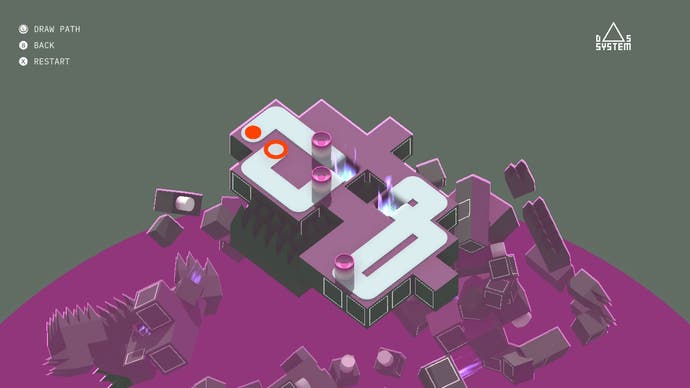
Listen: Rytmos is an excellent puzzle game. One of the best I've played in ages. This is in part because of the complications that come in with every suite of levels - one will scatter ice cubes across the playing field that you have to move back and forth to find paths for your line, another might have teleporters that move your line from one point to another while preserving the direction and the momentum.
Rytmos has a load of ideas like this, but it allows them to remain playful rather than infuriating. In other words, it gets complex, but it never gives you a puzzle that won't yield to a bit of curiosity and experimentation.
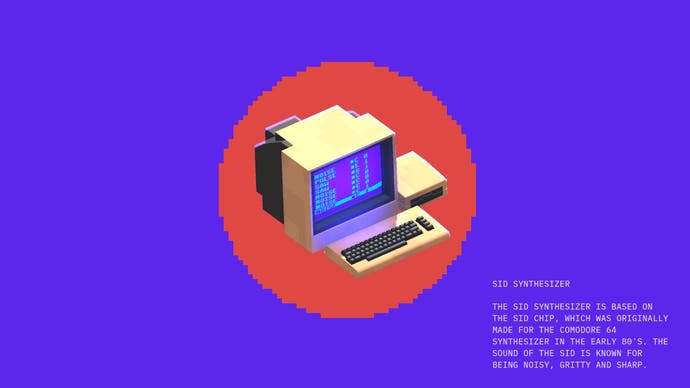
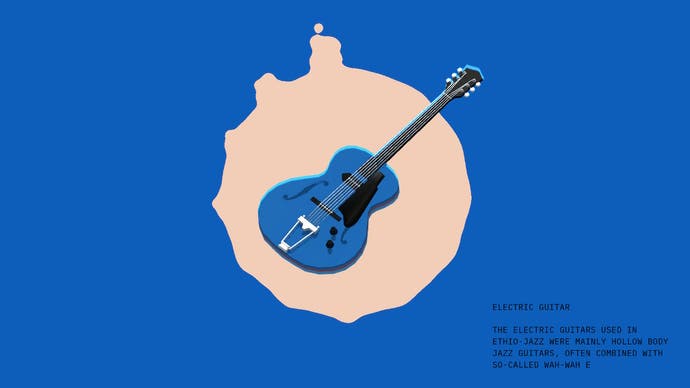
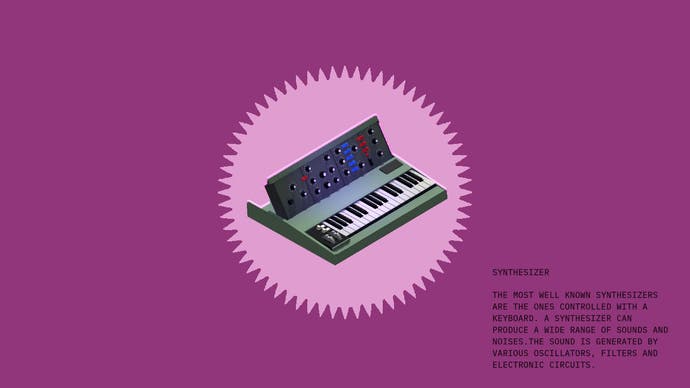
Why is this? I think it's because the complexities of the game are ultimately filtered through the fact that you can move the line in four directions, and some of those directions will inevitably be non-starters. You can be logical, and over the course of Rytmos I started to recognise useful spaces in the landscape - spaces that told me a turn was possible or impossible for example - but really, with those four choices, the solution to a tricky problem is often just setting off in a different direction. As such, Rytmos feels very much to me like the kind of wordless, unconscious problem solving I can only do by going for a walk.
Geoff Dyer once said that even at the best poetry reading the words you're most looking to hear are, "I'll just read two more poems". And - whisper it - that's sometimes the case with puzzle games: I appreciate the brilliance, but I also often look forward to looking back at having played this thing, if that makes sense. It's sometimes easier to enjoy a clever idea in principle and memory than in practice and in the moment. Anyway, this is not something I felt with Rytmos. I was actually slightly sad whenever a puzzle was solved, because they are so much fun to just prod a path through. Again, you can tackle them through logic, but also through playfulness - a range of approaches that, to me, sounds a lot like music.
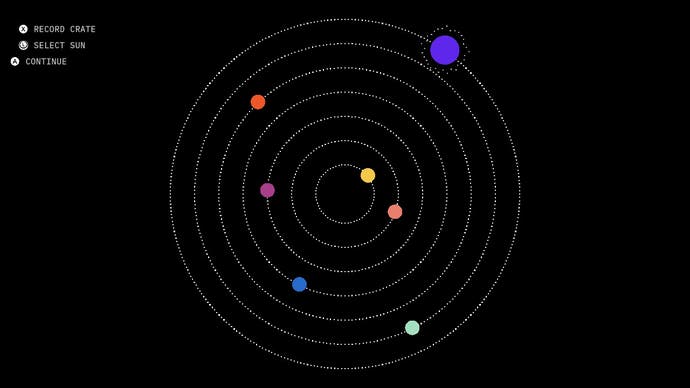
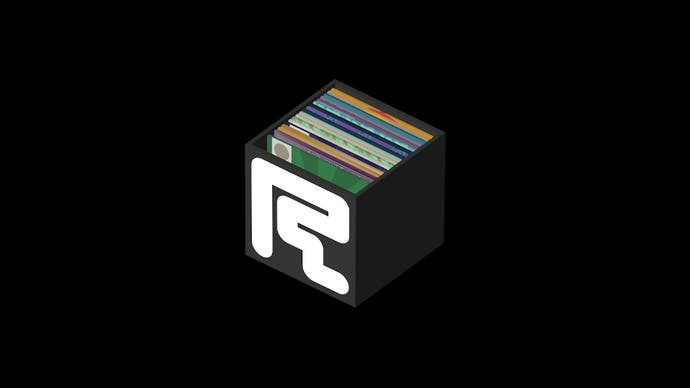
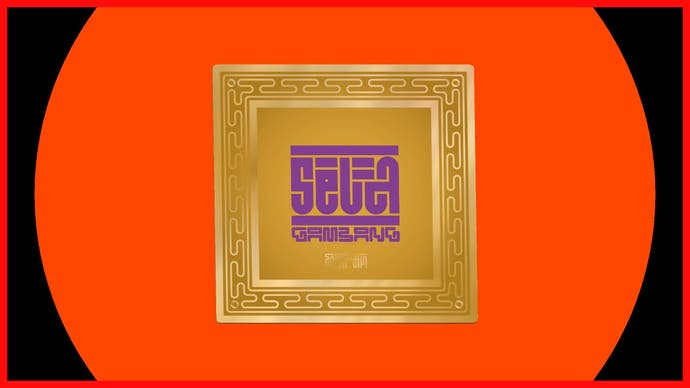
And that's the key here. So Rytmos is easy? That's not quite right. Rather, Rytmos knows what it wants you to enjoy - the moment where a puzzle comes together (often in the form of a figure eight), and the moment where a chain of triggered sounds reach a sort of critical mass and become music. The puzzles don't want to interrupt the music you're all collaborating on.
And this is the thing that lifts Rytmos from being a great puzzle game up to being an all-timer for me. This is a game that is fascinated by music, and also wants to share that fascination with the player. As I played, I felt the game was actively encouraging me to be more curious about this stuff.
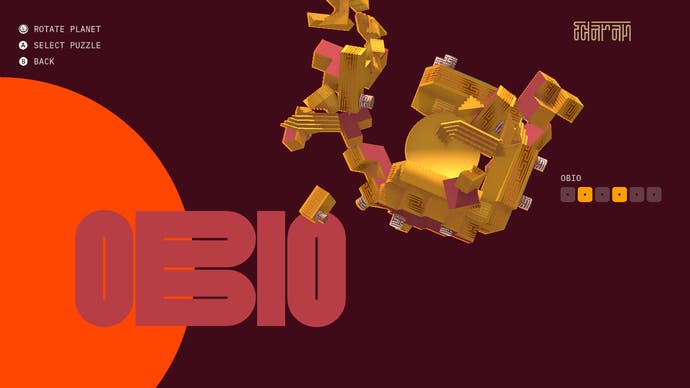

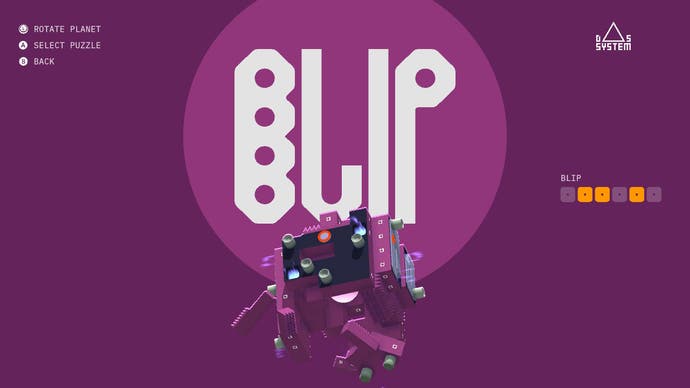
So. Each of Rytmos' individual puzzles takes place on one side of a sort of shattered space cube you're slowly putting together. Finish one puzzle and more surfaces slip into place with their own puzzles. Finish six of these and you finish a cube, a coherent piece of music, and you pull back to find out that the cube is a planet orbiting a star. Each star has three planets, which means three suites of puzzles, and also three pieces of music. Crucially, though, each star is themed. Rytmos uses the galaxy to take us around the world in terms of music.
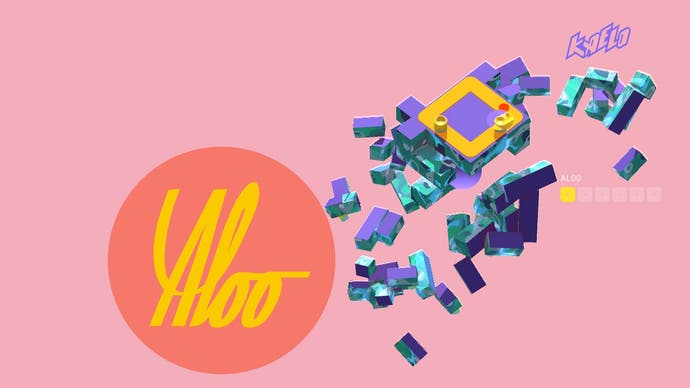
So there's a star where you're playing with Hawaiian music from the mid-twentieth century. There's a star where you're exploring the traditional Gamelan music of Indonesia. That suite of levels with the teleporters is, of course, German electronic music from the seventies. A whole solar system of Neu! And you don't just learn about these traditions, the puzzles allow you to climb inside them as you put a level together, to sense the rhythms, the kinds of choices each tradition encourages. And, with those repeated figure eights you're tracing, you get an inkling of the more universal musical ideas that connect all these traditions, perhaps.
Your reward for each planet you complete is an instrument to have a play around with. That's great, and I love the fact you can record your own loops and store them in a record crate. But the real reward, for someone like me, at least, who is ignorant and a bit tin-eared, is the sudden realisation that all this stuff exists in the first place. Rytmos gave me some stuff I was familiar with - surfy Hawaiian guitars and all that Neu! - but it also dropped me deep into Ethiopian Jazz, and it gave me the names of the people I should start with if I wanted to investigate this music on my own. What a delight. This puzzle game strung across the stars has led to playlists, emails to old friends, sharing, borrowing. To wondering how disparate things connect and how they came to be.



